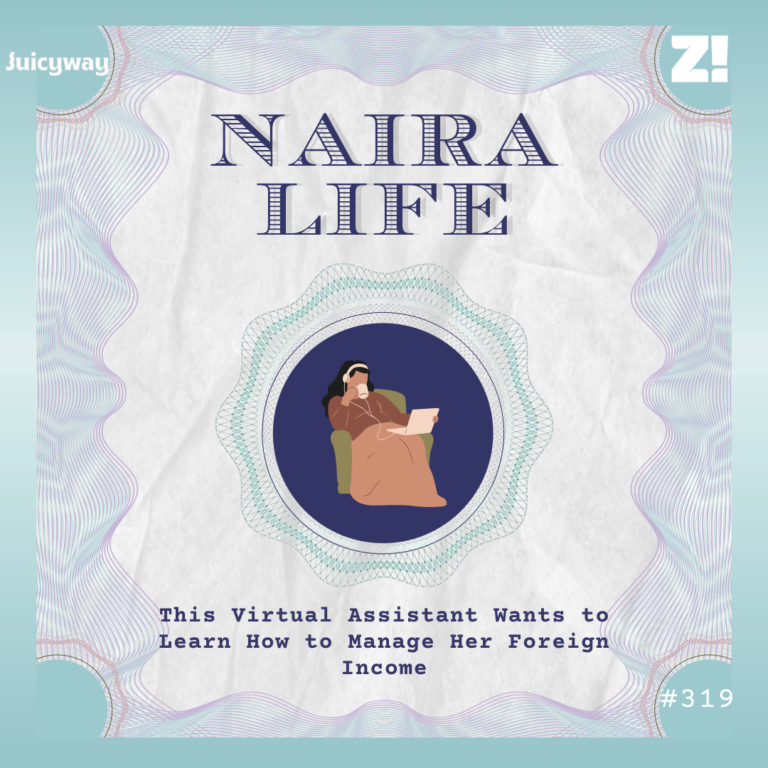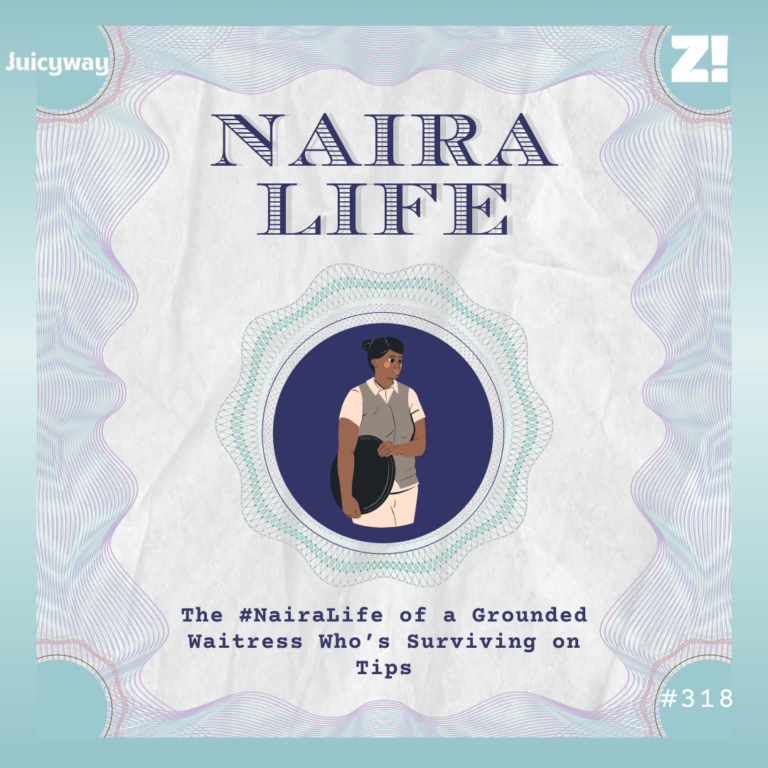Bolade* (33) is a mother of two, and her youngest child was born with Cerebral Palsy. She talks about the challenges and guilt she’s had to navigate, and why hope is the only thing that keeps her going.
As told to Boluwatife
Image designed by Freepik
The school holidays are my favourite time of the year because I can bundle my two children (aged 7 and 5) to their grandparents’ and pretend I’m free. But I haven’t been free for five years, and I hate myself for even desiring freedom.
By freedom, I mean somehow erasing the stress, worry and uncertainty that come with caring for a special needs child.
My second child, Ife*, was born with Cerebral Palsy, and she’ll live with it for the rest of her life. I love her with every fibre of my being, but sometimes I feel I’m not cut out to mother a special needs child.
My husband and I got the diagnosis when she turned ten months old. I’d been worried about how long it was taking her to reach milestones her elder sister had crossed without stress.
Ire* had jumped the crawling stage and moved straight to walking at 10 months. But at that age, Ife couldn’t sit, roll over or even control her neck. My husband and mother waved off my concerns, insisting that children were different, but I felt in my heart that something was wrong. So, I insisted on taking her to the hospital.
It was the first time I even heard the words “Cerebral Palsy”.
After the doctor explained the diagnosis, my husband said, “God will help us”. Me, I spent hours Googling the condition daily. My research only drew me into a deeper level of fear. Would Ife ever walk or even eat on her own? What kind of future could she hope to have if she couldn’t take care of herself? Would people call her an “imbe”?
I had to relearn everything I knew about mothering toddlers.
Typically, when children cross infancy, parenting becomes both easier and more difficult. The child becomes a bit more independent and learns to voice out their needs rather than cry constantly. But independent means you’re constantly monitoring them so they don’t jump into the road or drag a pot from the fire.
I’d experienced that with Ire, but with Ife, we’re still stuck in the infancy stage.
Years of therapy have made it so that she can sit upright and hold a bottle to feed herself ogi and custard now, but she still can’t walk and barely speaks. Up until she was three years old, I used to take her with me to my teaching job so she could stay with other children in daycare, but the weird looks became too much.
If it wasn’t the stares, it was parents stylishly asking the daycare teachers if it was safe for Ife to be in the same class with the other active kids. I quit my job when it became too weird — I couldn’t take her someplace else where I couldn’t watch her closely — and we’ve been home together ever since.
The daycare incident is an example of why I feel I’m not cut out for this life. I’m part of some special needs support groups online, and I regularly see other mothers share stories about the different ways they stand up for their kids. One even made her child’s school install wheelchair ramps.
I, on the other hand, couldn’t even speak up to keep my child in daycare so I could keep my job. Why couldn’t I say, “She just has a disability, she isn’t made of glass. She can be around other children,” when the parents dropped side comments about Ife?
It’s been even more difficult to explain to my eldest why her sister can’t play with her, or why she can’t play outside because Mummy can’t leave Ife alone in the house. I don’t spend as much time with Ire as I should, and I wonder if she’ll ever resent me for always putting her sister first.
RELATED: I Love My Brother, but Sometimes I Feel Like an Only Child
But what time is left after feeding, cleaning and massaging one child and then attending to chores?
Ife throws tantrums too. If she doesn’t like the food I’m feeding her or is just upset about something, she groans loudly for hours. And I have to beg her until she decides to stop. My husband relocated to the UK two years ago — with hopes that we’d join him later — so even though he sends money, I’ve had almost no support, except during the holidays when I can leave my kids with their grandparents and breathe a little. They have a live-in maid, so it’s easier for them to manage.
Sometimes, I wish Ife was normal. Does that make me a terrible mother? Isn’t a mother supposed to accept her child wholeheartedly? I really don’t want this life. It seems there’s no end in sight to being Ife’s primary caregiver. I’ll never have a career again, and I’ll always be this exhausted, mentally drained woman.
I’ve heard that speech therapy and surgeries may help, but with my husband’s japa and my unemployment, we can’t afford it. Our only hope is to gather enough money to handle visas and flights to join my husband in the UK, so we can get her the right medical care.
People have advised me to take Ife to church and pray for a miracle. I won’t take her for deliverance sessions or anything, but praying and increasing my faith have kept me sane for a while now.
I also struggle with the fear that she won’t live long because of the average life expectancy of people with cerebral palsy.
It’s a lot to take in, and I just pray God will look at me one day and grant me a miracle. I’m not even asking for the cerebral palsy to disappear; just for Ife to be able to walk, write and talk legibly. I can only keep that hope alive.
*Names have been changed for the sake of anonymity.
NEXT READ: What’s It Like to Care for People Living With Disabilities? — 5 Nigerian Caregivers Tell Us




